English
繁體中文
简体中文
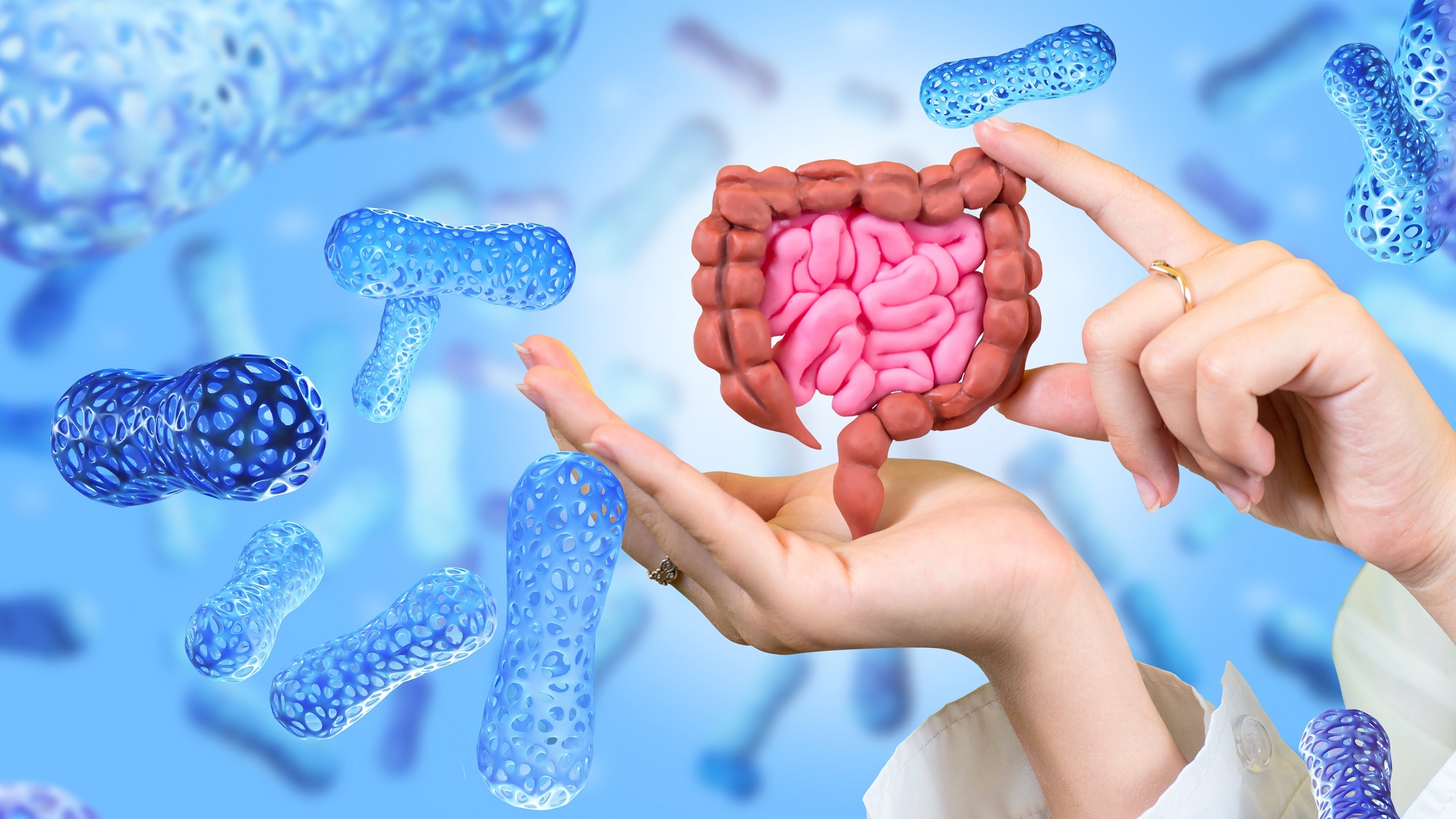
It might surprise you that our immune systems have a memory, and it is crucial in our battle against diseases like COVID-19. The secret of improving this memory might be living inside you already. A research team from CUHK’s Faculty of Medicine has discovered the critical role that certain gut bacteria can play in lengthening the duration of immune responses to COVID-19 vaccines. The problem is, not everyone has them. As a result, they’ve come up with a supplement containing the beneficial bacteria, and demonstrated how effective it can be in boosting immunity. Now they’re looking at what our gut microbiome can do to protect us from other diseases.

Professor Katalin Karikó’s story is a shining example of how the power of persistence can lead to discoveries that change the world. In the face of countless obstacles, she tenaciously pursued her vision of utilising mRNA for therapy for decades. Alongside Professor Drew Weissman, their research paved the way for the development of life-saving Covid vaccines. She embodies not only relentless pursuit of scientific knowledge, but also the hope to ignite passion and inspire young minds about the wonders of science.

The COVID-19 virus is mutating rapidly. As subvariants like BA.4 and BA.5 emerge, we must act fast to curb the pandemic. Vaccination is the most effective way to control epidemic, but the protection it offers declines as the virus evolves. Predicting vaccine effectiveness in a short time frame is key to winning this battle. CUHK researchers have developed a bioinformatics platform that can provide a snapshot of vaccine effectiveness in real time, instead of it taking months.

The Microbiota I-Centre of CUHK has identified distinct gut microbiome profiles that can characterise “long COVID”. This is the world’s first study to demonstrate gut microbiota as a key determinant of long COVID. These distinct gut microbial signatures can be used as a diagnostic tool and to guide therapy.
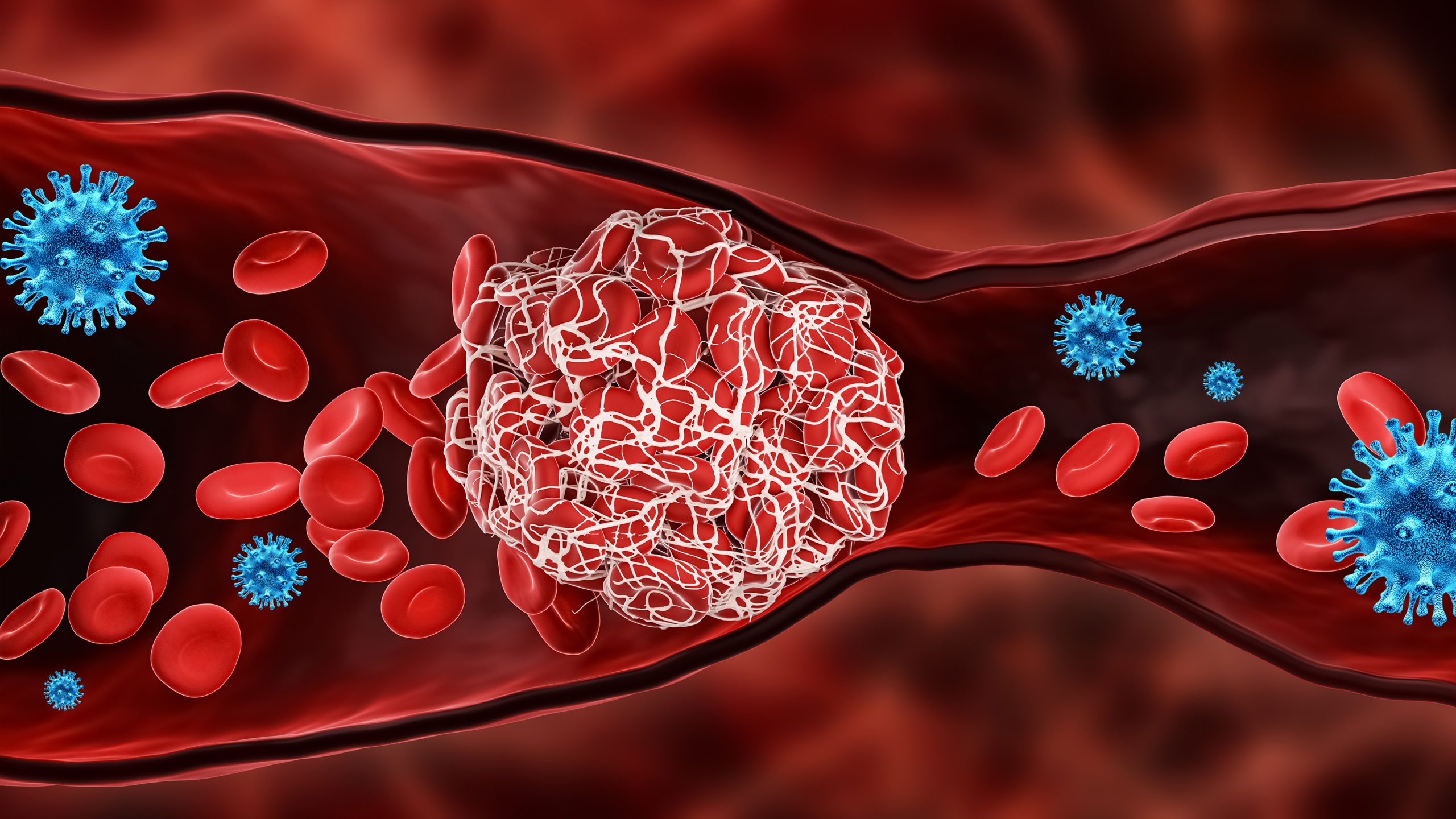
A new pathway has been found whereby SARS-CoV-2 infects the endothelium cells – the innermost layer of the blood vessels, causing hyper inflammation, blood clotting and thrombosis in severe COVID-19 patients. In a collaborative research, a CU Medicine team has discovered that the virus induces inflammation by activating a unique cell surface receptor called (TLR) 4, without entering the host cell.

People who have recovered from a COVID-19 infection may suffer from poor memory, hair loss, difficulty in sleeping and other long-term consequences, which are commonly known as “long COVID”. CU Medicine has found that patients with long COVID have a less diverse gut microbiome, indicating that gut microbiome composition may be linked to the risk of developing long COVID, while gut microbiota modulation could facilitate timely recovery and reduce the burden of post-acute COVID-19 syndrome.
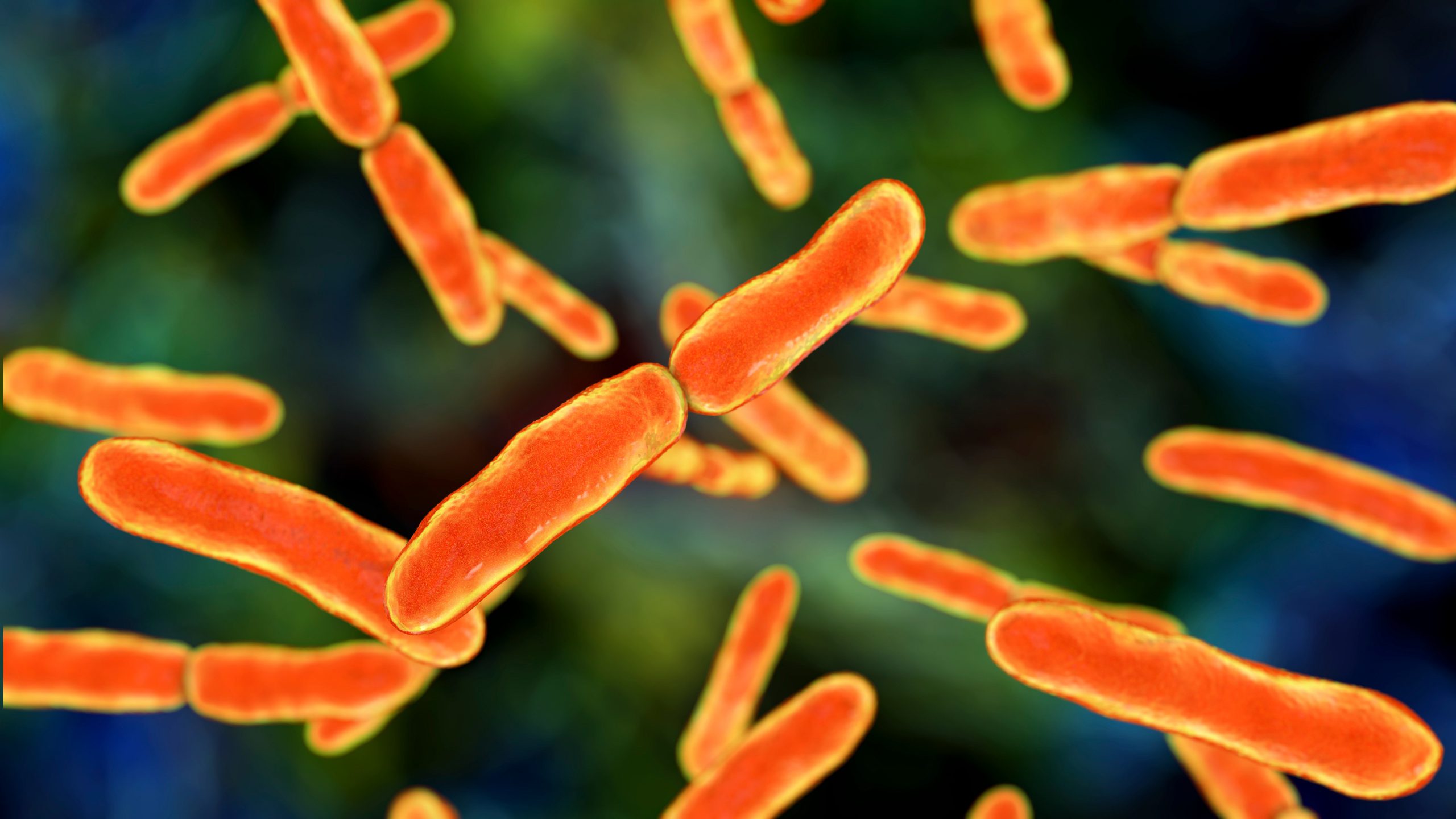
Sinovac and BioNTech work more effectively in people who have an abundance amount of a particular bacterium called Bifidobacterium adolescentis in their gut. In most of us, this reduces with age, modern diet, stress, and the use of antibiotics, and a joint CUHK-HKU study has found that those who lack it have a lower antibody response to the vaccines. This implies that modulating the gut has potential to power up the impact of COVID vaccines.
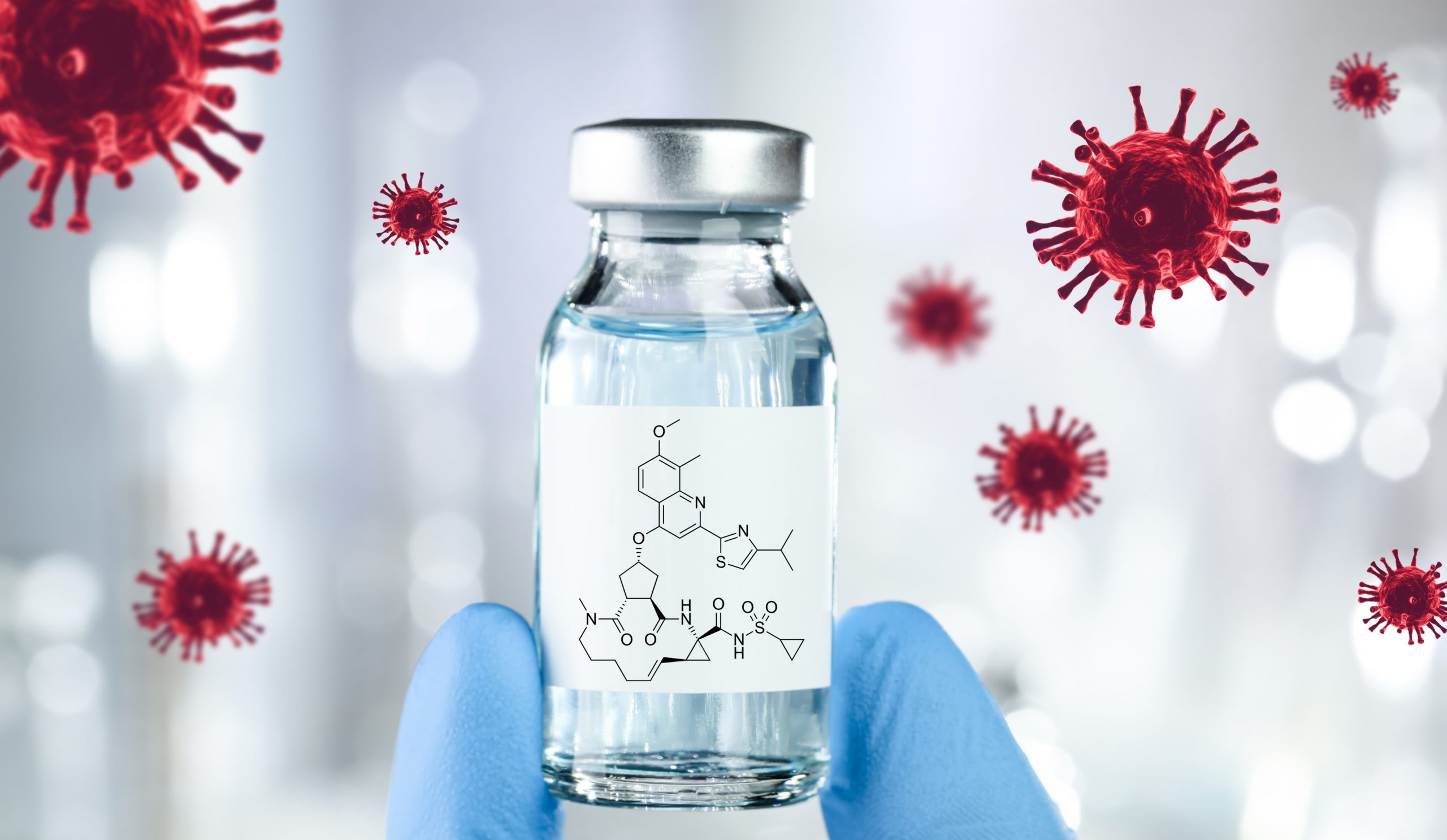
Simeprevir was a successful drug retired from the fight against the hepatitis C virus when new drugs and advanced treatment came into the field in recent years. An international research team led by CUHK and HKU seeking an effective drug molecule against COVID-19 has re-enlisted simeprevir as a potent treatment to suppress the replication of SARS-CoV-2.

Apart from achieving research excellence, the education sector has the prime responsibility to lookout for the interests of the community in these challenging times. CUHK rolled out thorough infection control measures and vigorous vaccination promotion efforts in fighting against COVID-19 , to get everyone back to their normal lives as soon as possible.
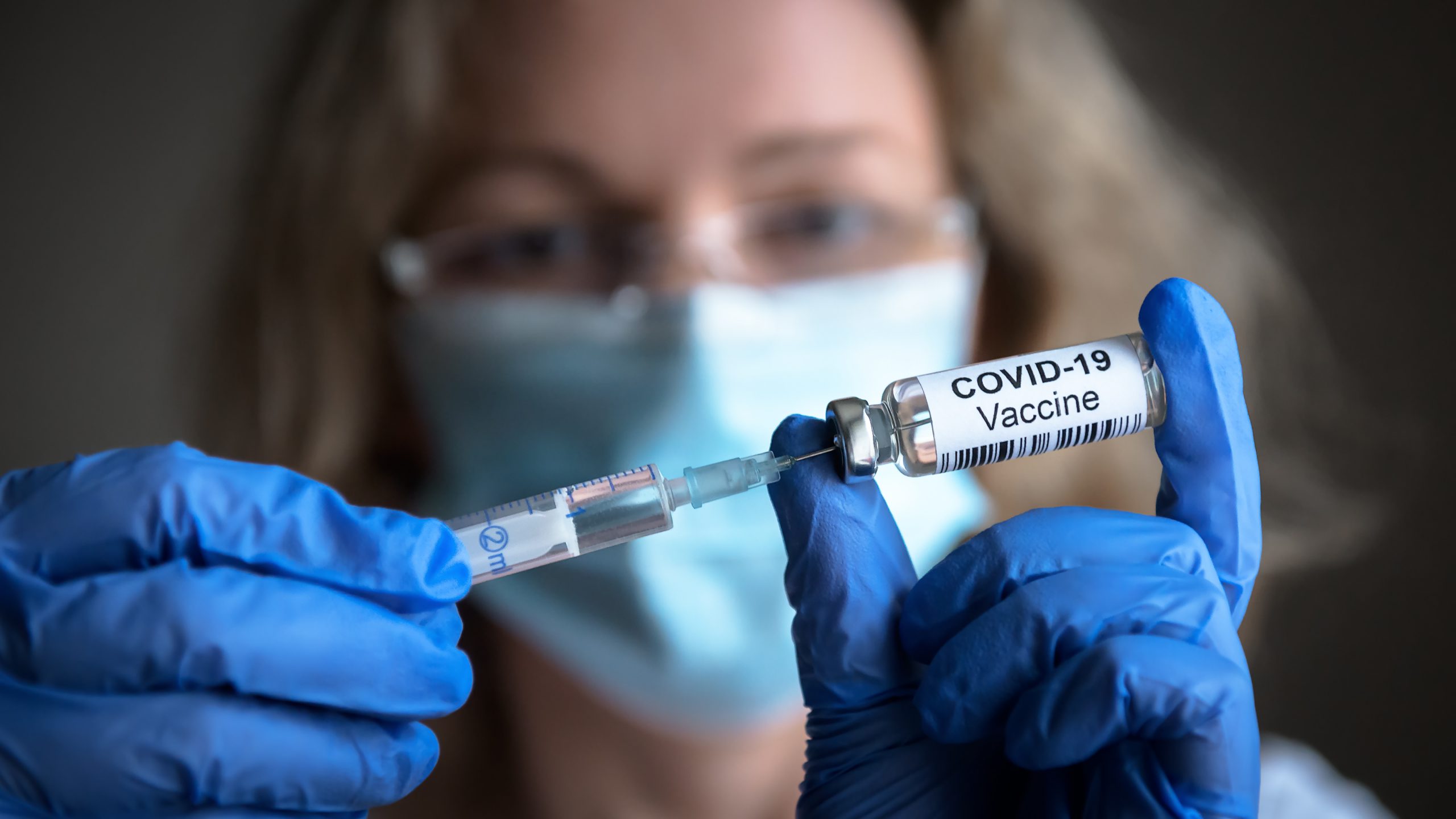
Research results show that physical distancing can only be relaxed in ratio to the rate of vaccination in the city’s population until herd immunity is achieved. A CUHK team developed a social contact index (SCI) which quantifies the effect of distancing and vaccination combined, to bridge gaps between intervention measures and disease transmission.
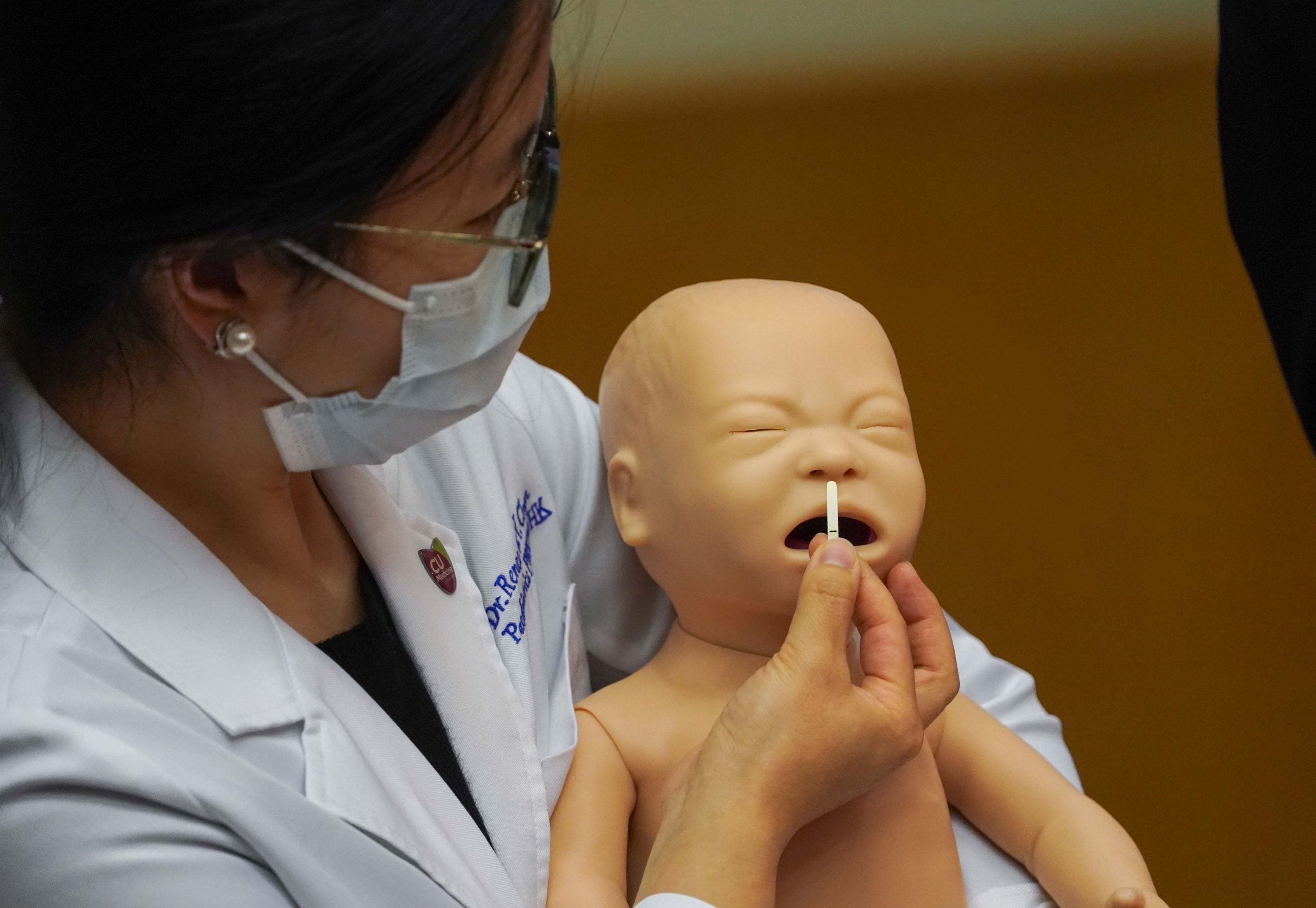
Scared kids gagging on swabs probing into noses and throats or embarrassed old folk trying to heave up saliva has been the unhappy side of COVID-19 testing. Now, a nasal strip sampling for COVID-19 test that is gentle, fast, easy and accurate is on its way for all ages, equaling one of the standard test methods and out-performing the other.
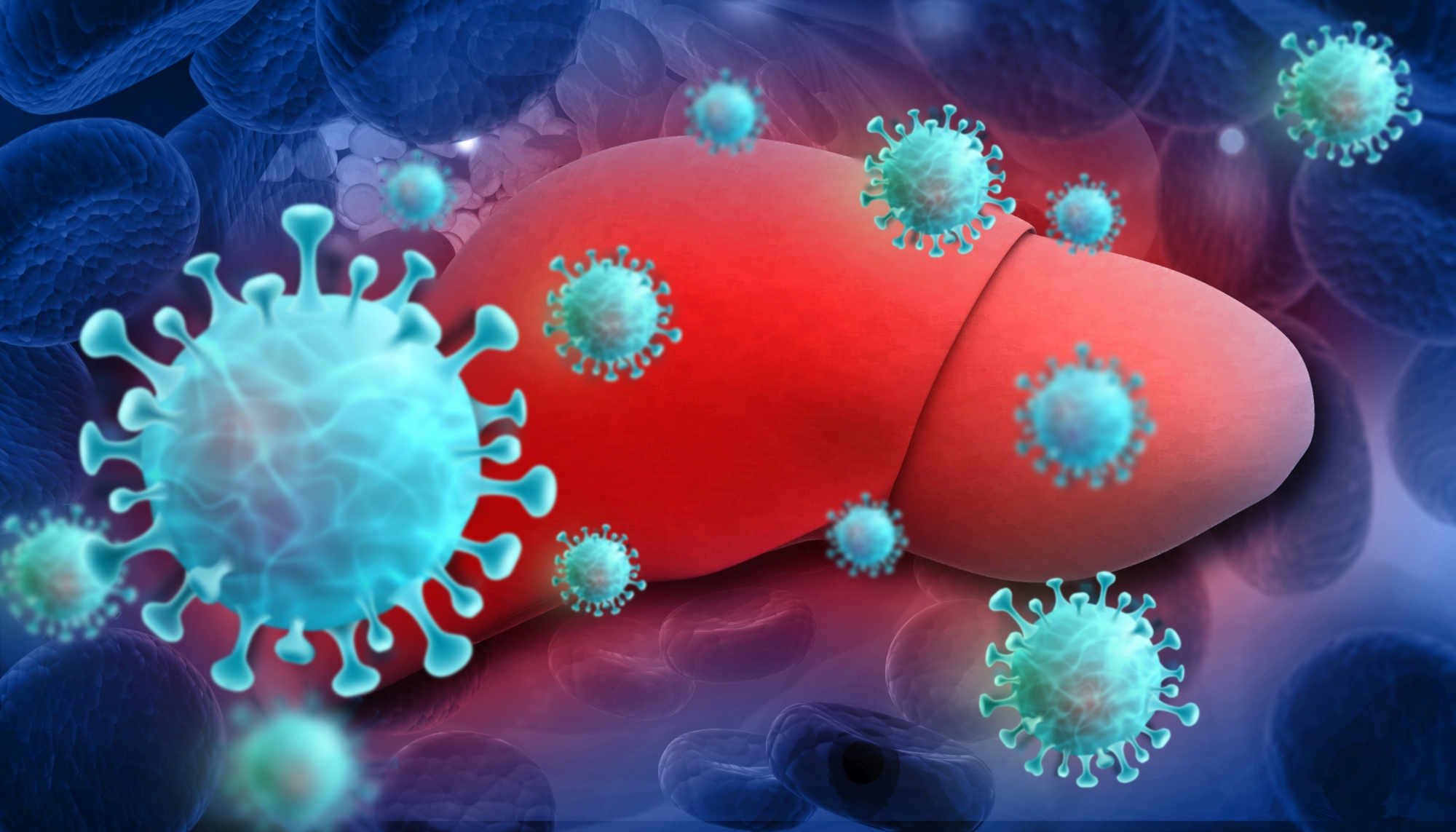
Not only old age and other chronic conditions let in COVID-19. Those with liver damage are revealed as vulnerable and face eight times the risk of experiencing intensive care, mechanical ventilation, or death. CU Medicine researchers led an international hepatologists group in a statement pushing for better clinical management of COVID-19 liver disease sufferers.
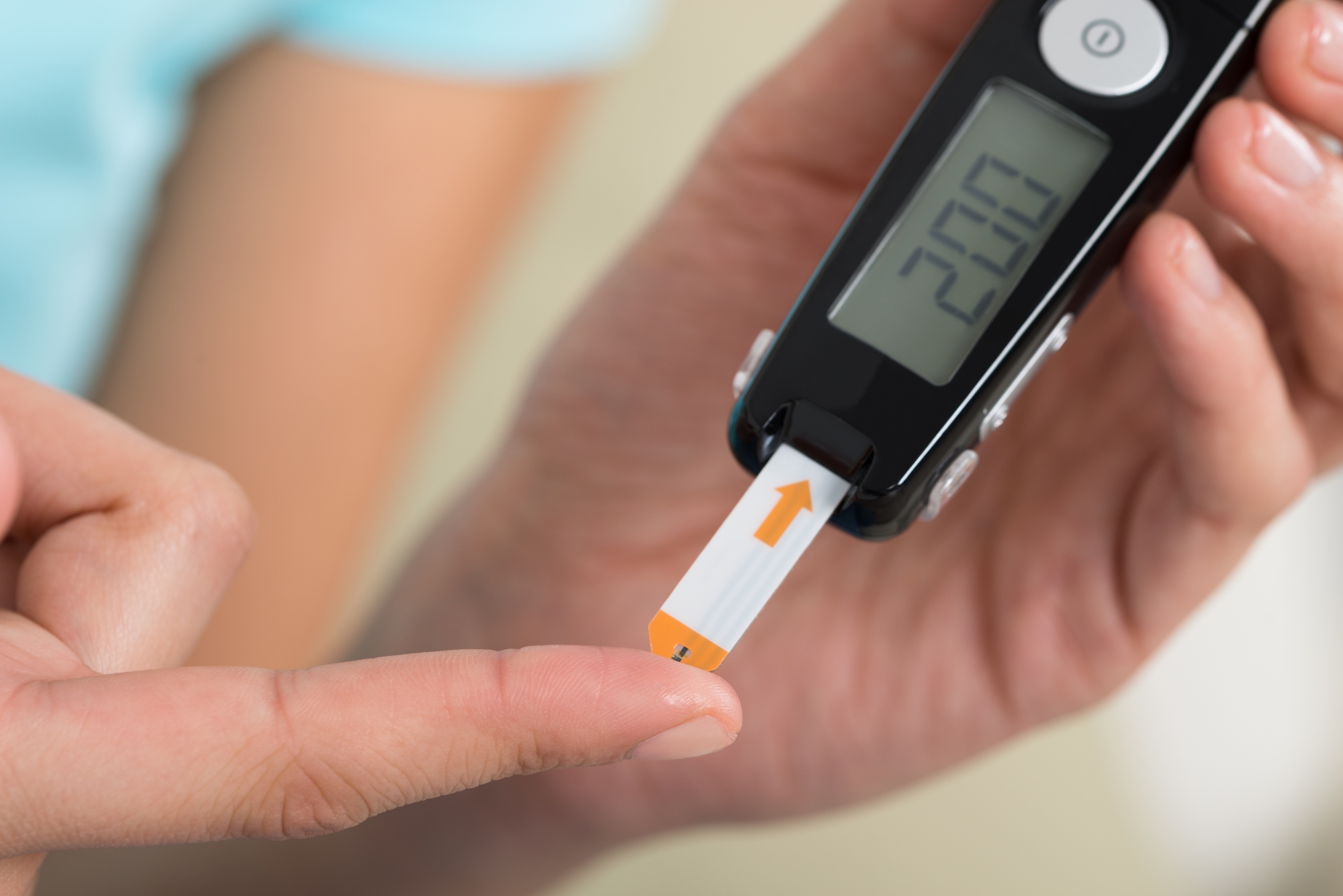
Diabetes, already a major killer, could increase the risk of sufferers being infected by COVID-19 and severely. The alarm has been raised by researchers who have applied advanced statistical analysis to possible virus risks, and shed light on drug development for it. Diabetes patients need to watch their diets and be extra vigilant.
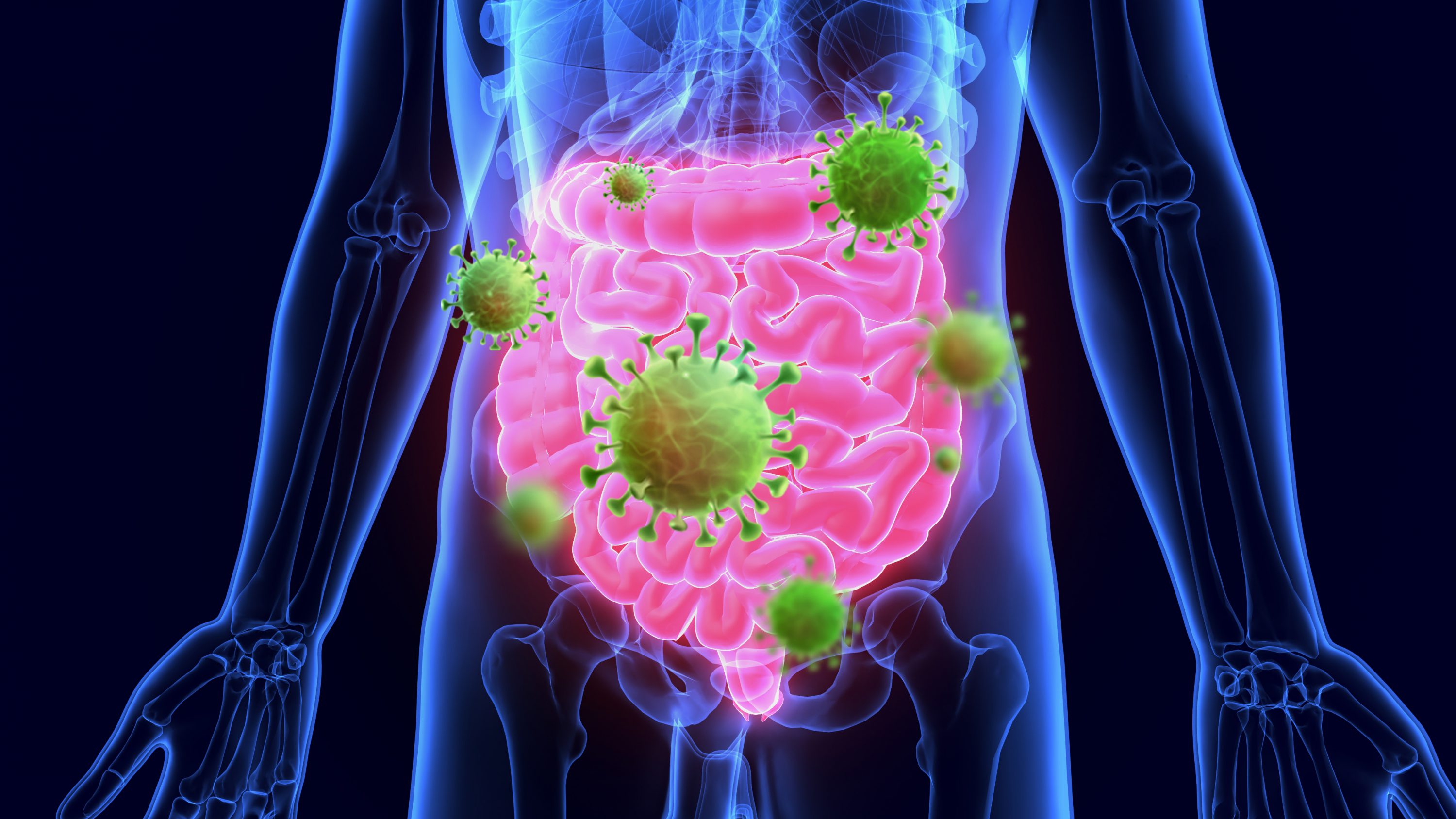
A university research team has found that lower levels of “good” bacteria and higher levels of “bad” bacteria in the gut of people with COVID-19 has made it harder for them to fight off the virus. The team has since developed a probiotic supplement based on this research to enhance the “good” bacteria thereby offering hope to boosting immunity against the virus in everyone who could be at risk.
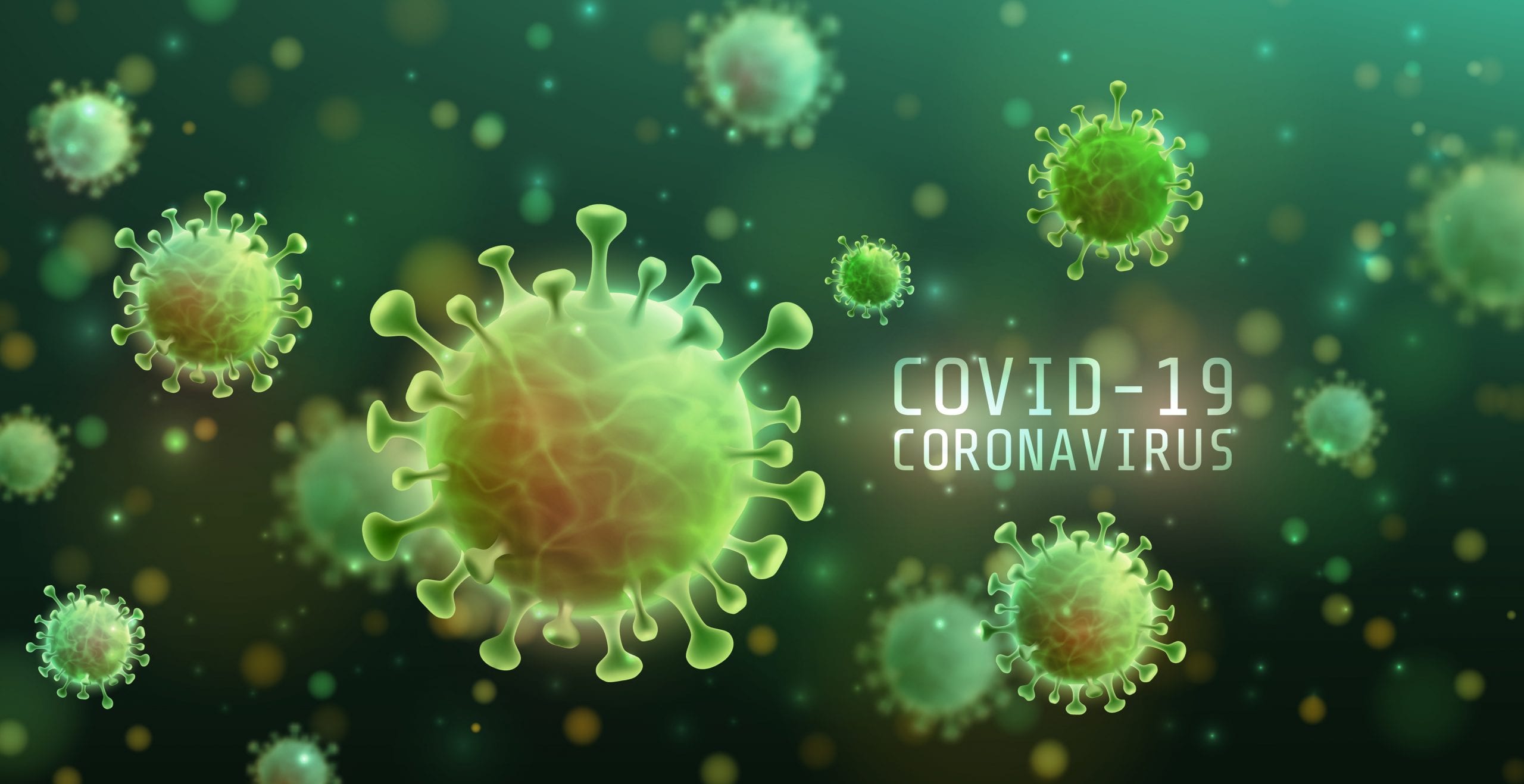
Stool, found to be a “shed” for the coronavirus. According to the latest study, the coronavirus was found in faeces samples from 14 COVID-19 patients, regardless of the severity of their condition. 3 of them still had virus even though their respiratory secretions were cleared of the virus. Researchers suggest faeces test as an alternative screening.
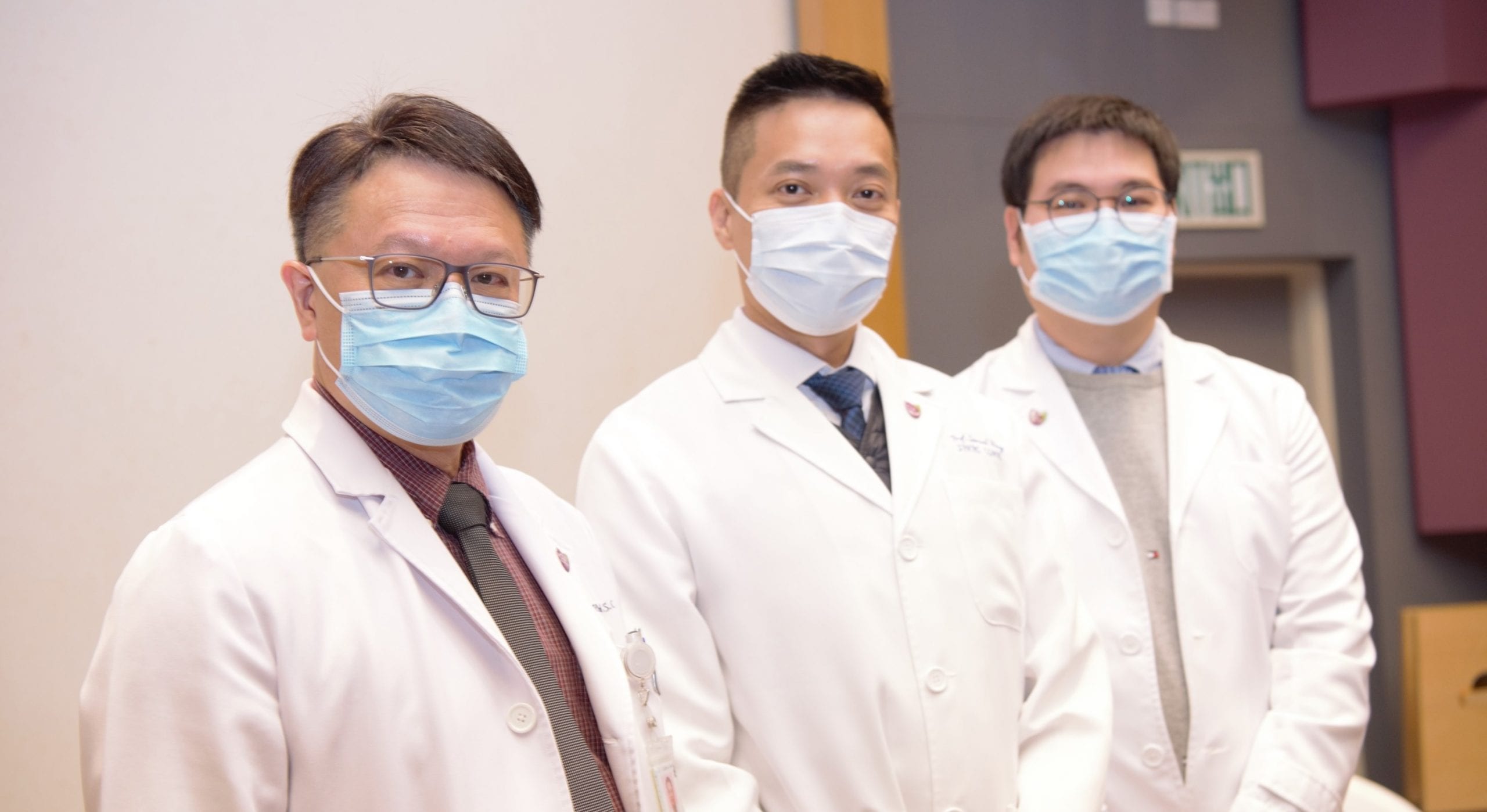
98% of Hong Kongers feared catching the COVID-19 virus and practically all were abnormally anxious, while 90% were taking to strict mask wearing and hand washing, according to a survey in the outbreak’s early phase. But not to recommended “social distancing”. 90% of cases took 6 to 14 days between feeling ill and getting isolated.